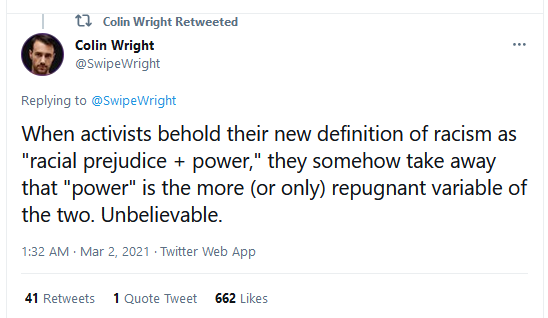
Yes! This!
Student-to-student relations in our courses are such an important buffer, and remote teaching is very limited in providing that kind of important but under-recognized support. The chatting about what's difficult. What the prof didn't explain well enough. . . .
Student-to-student relations in our courses are such an important buffer, and remote teaching is very limited in providing that kind of important but under-recognized support. The chatting about what's difficult. What the prof didn't explain well enough. . . .
https://twitter.com/cdrawn/status/1369729994381950979
What you find puzzling or strange about the prof's approach. What is something to worry about in this course and what is not. What is best dealt with by staying calm and waiting until the next class. What you're ahead of in understanding, and where you're behind.
I often experience my teaching as a bit erratic. I'm slightly temperamental, and when I get excited about something during prep or in class, I often miss the signs that I should maybe be explaining something else. So, I think about how students can fill those gaps for each other.
I think I've found some ways that seem to work in my online teaching. But it's really not on the same level as those student-to-student connections before, during, after, and outside of class that are enabled by face-to-face teaching.
• • •
Missing some Tweet in this thread? You can try to
force a refresh












